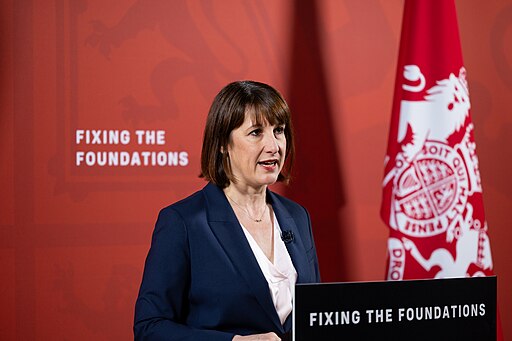Rachel Reeves policies have failed to revive the UK’s stock market, with investors bracing for worse in 2025
When Labour took power six months ago, expectations were high that the new government would spark a revival in the UK’s stock market, with global investors drawn back to Britain. The narrative was clear: political stability would restore confidence, and growth policies would drive up profitability, boosting market returns. Yet, despite the early optimism, the reality has been far less promising, with Labour’s economic approach, under Chancellor Rachel Reeves, pushing the market to the brink of further decline.
Upon Labour’s victory, there was a brief uptick in the FTSE 250, reflecting domestic sentiment. Investment banks like Goldman Sachs raised their growth forecasts for the UK, citing the clarity and stability of a landslide election result. Global investors, who had turned their backs on the UK post-Brexit and amid political turmoil, began to consider re-entering the market. However, the promised economic revival never materialised.
As 2024 draws to a close, Britain’s stock market has underperformed yet again. The FTSE 100 has gained less than 5% over the year, and it has lost 100 points since the election. In stark contrast, the S&P 500 has surged almost 25%, while Germany’s DAX has seen an 18% increase, despite its own economic struggles. The underperformance of British stocks is undeniable, and the exodus of capital from UK equities continues. According to the Calastone Fund Flow Index, October saw the fourth worst month for outflows from British equities.
Embed from Getty ImagesThe coming year looks set to worsen the situation. Reeves’ decision to hike National Insurance charges in her October budget is expected to directly hit company profits. Major retailers such as Tesco, Sainsbury’s, and JD Wetherspoon have already warned of the substantial cost increases they will face due to higher National Insurance payments. The impact will ripple through the economy, affecting profits, dividends, and ultimately, share prices.
The additional burden on businesses is compounded by rising public sector wages and escalating welfare costs, which will likely necessitate further tax increases. As Reeves continues to push for higher taxes to fund spending, UK businesses will bear the brunt of the financial strain. This will undoubtedly impact profitability and investor confidence, further weighing down stock market performance.
Furthermore, the Labour government’s promises of reviving economic growth have faltered. Instead of becoming the fastest-growing economy in the G7, the UK now finds itself at the bottom of the growth table, further straining the outlook for businesses and investors alike. The market had hoped for a transformative period under Labour, but so far, the results have been disappointing.
As investors brace for another difficult year, the question remains: will Labour’s economic missteps drag the UK further into stagnation, or can the market find a way to recover despite the government’s policies? With confidence in the Labour administration dwindling, “Reeves-ageddon” risks turning the stock market into a battlefield for investors in 2025.
